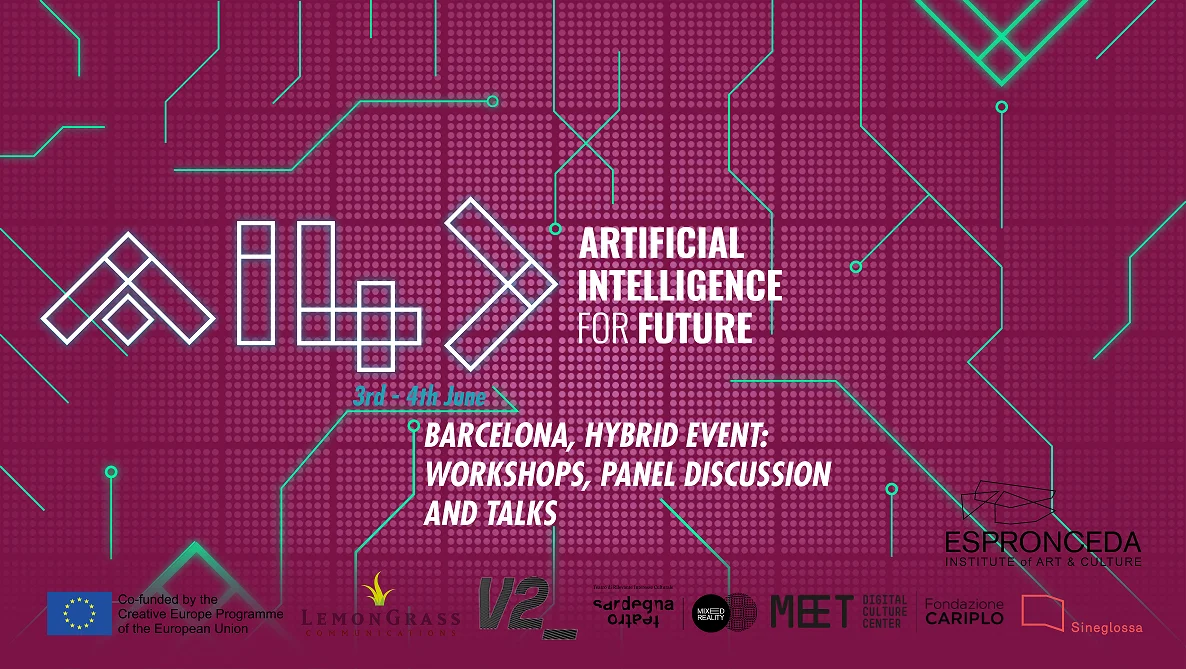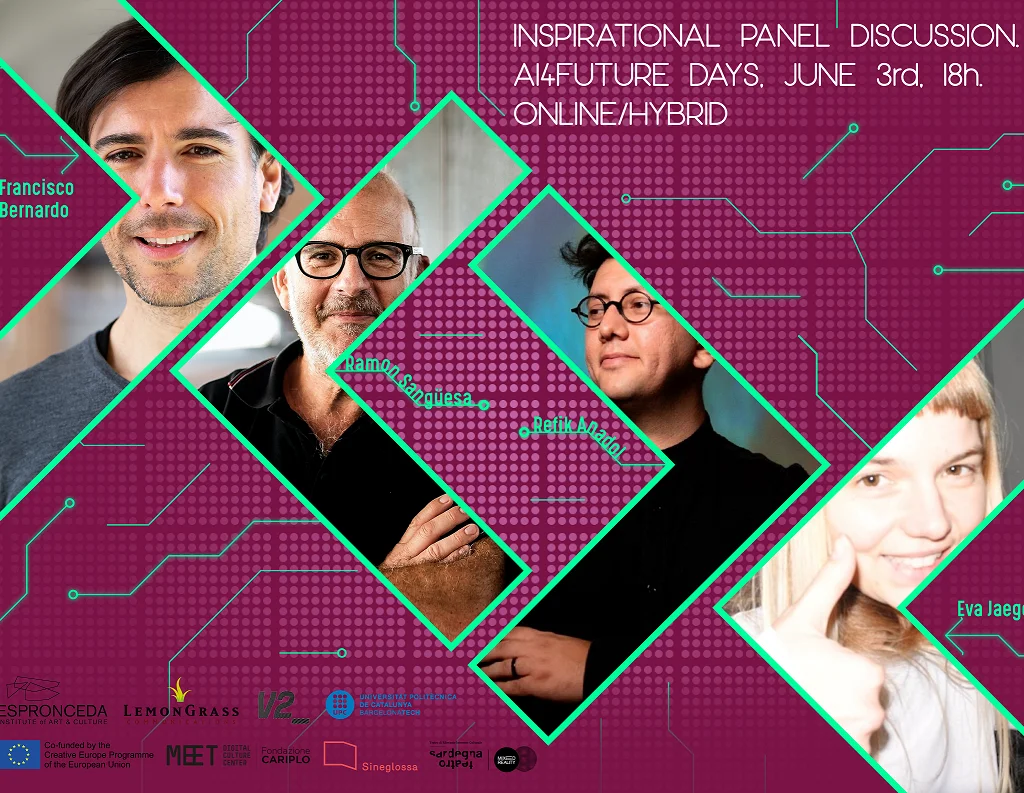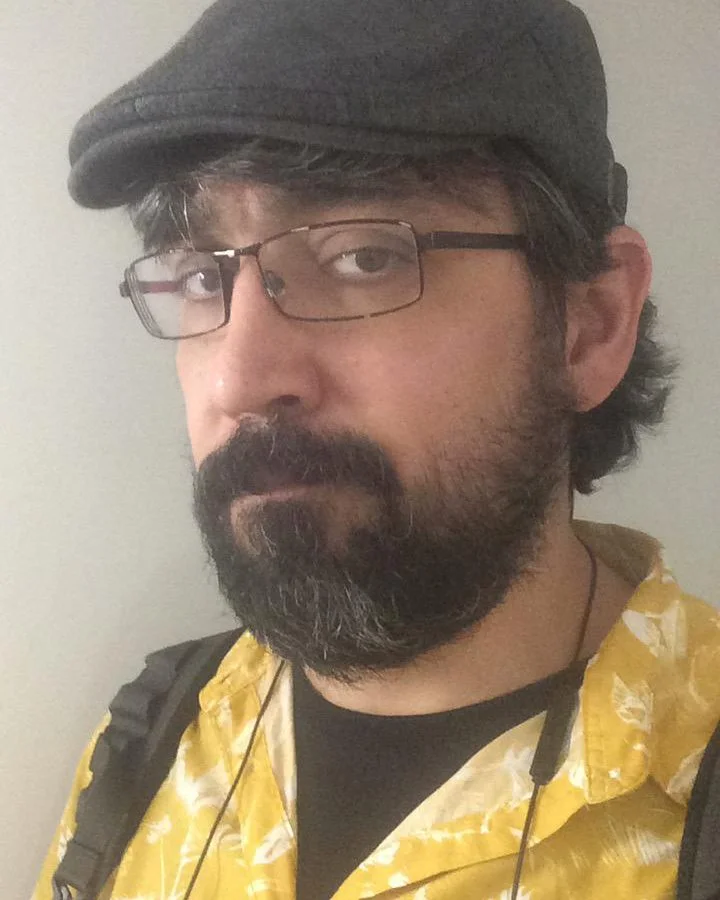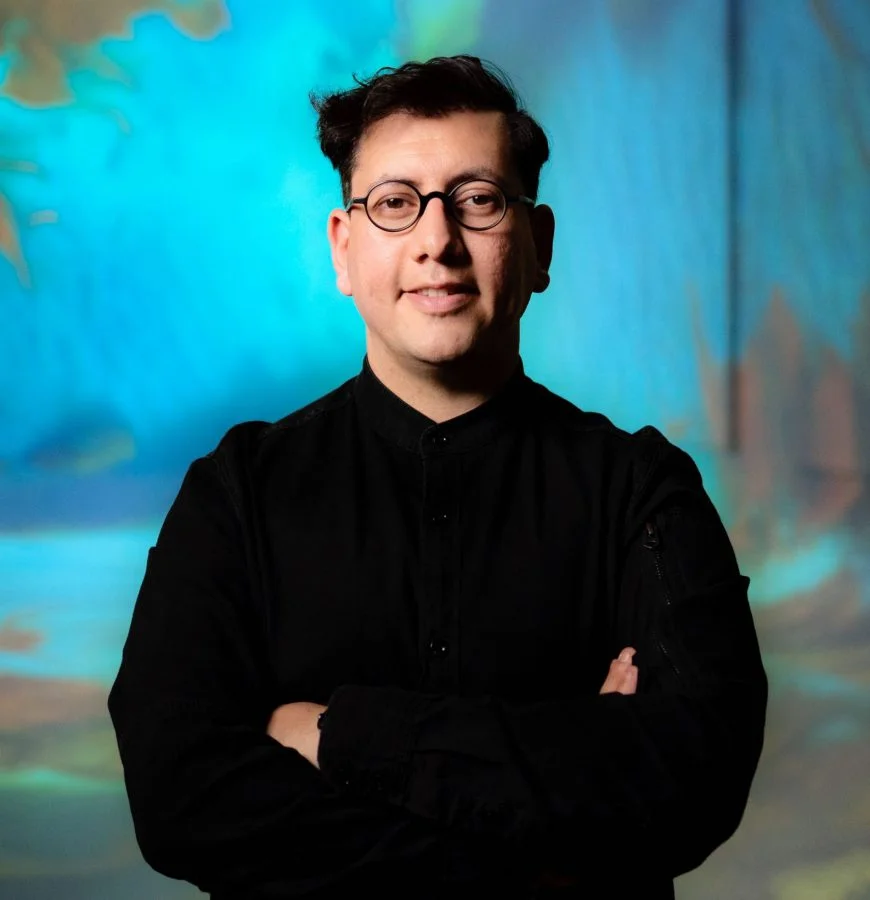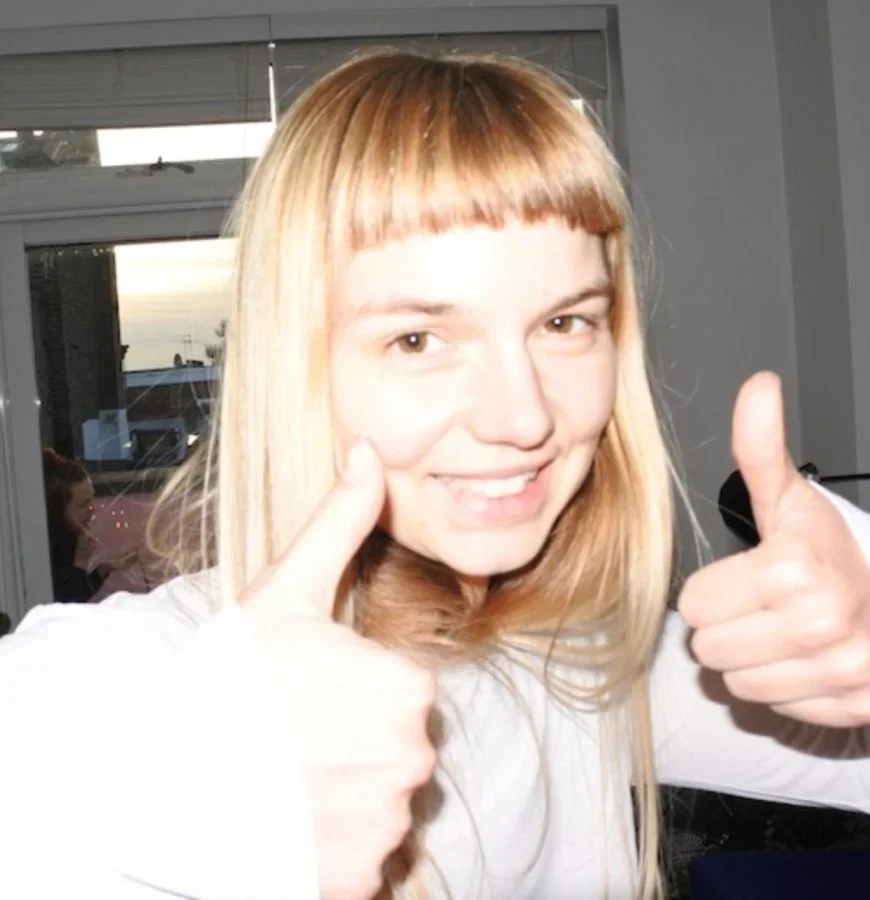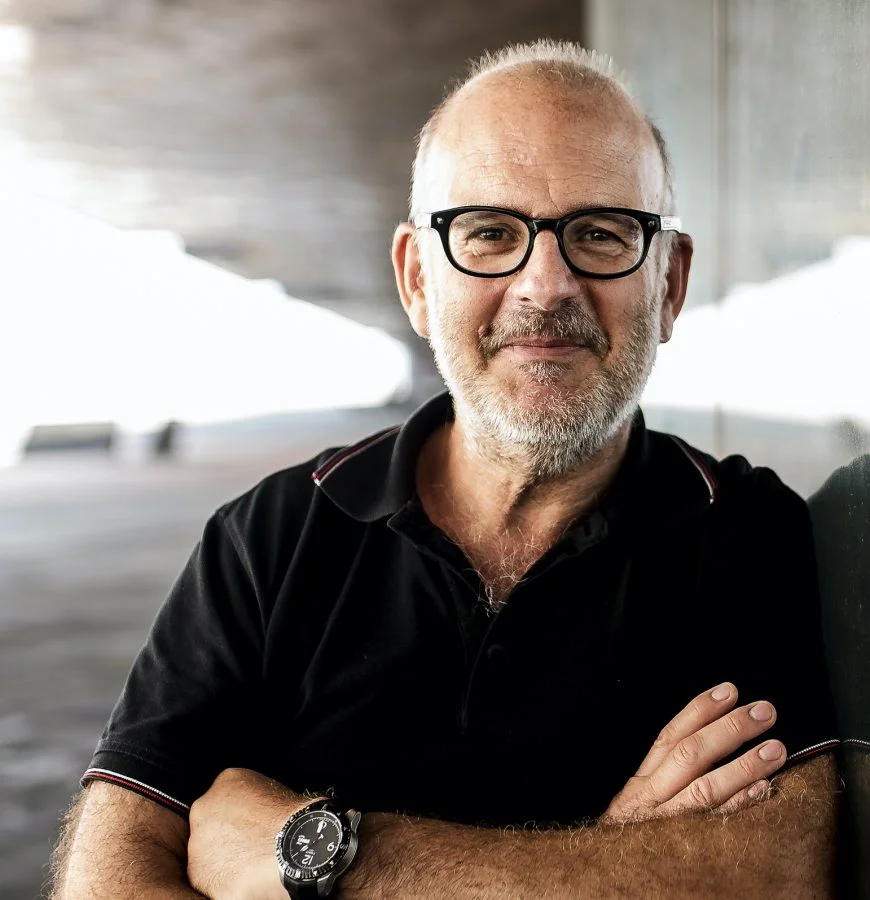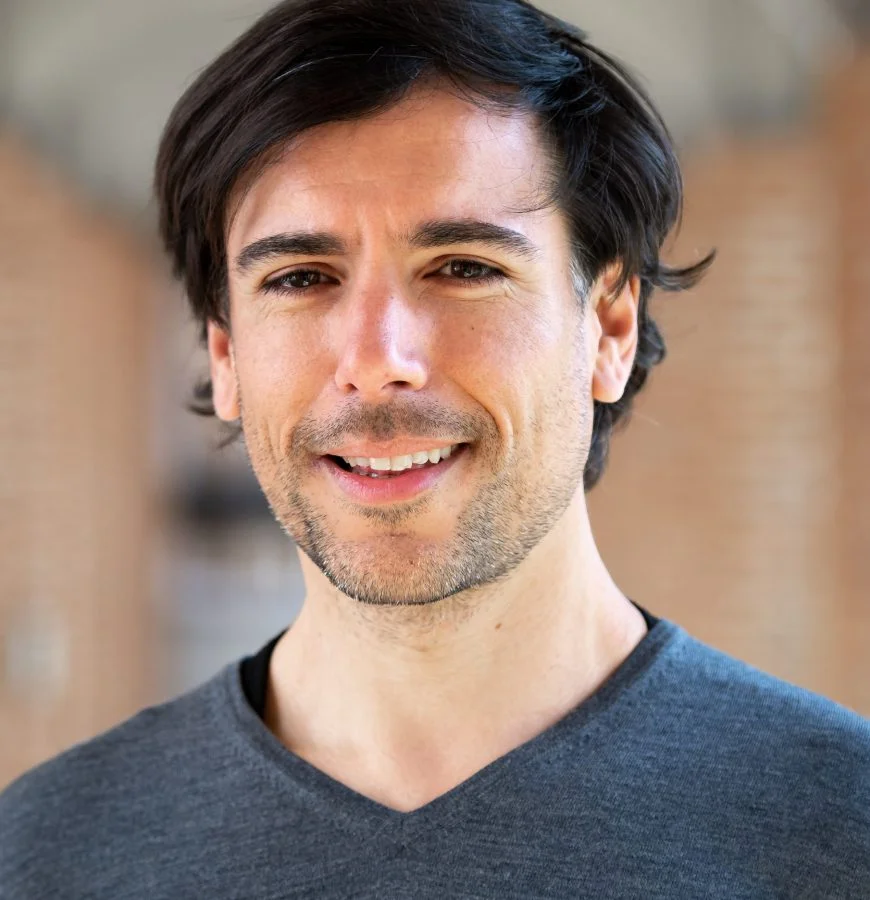“Worldbuilding” is an activity typically associated with the creation of landscapes, spaces and universes in video games. However, it also can be and it is understood as the process of making up a coherent sense of place and time in narratives, stories, texts, and plays. It is a complex endeavour that combines several types of creativity at different levels of detail, complexity and temporality.
Artificial Intelligence techniques have been applied to several of the dimensions of world building. With the help of AI, narrative arcs have been articulated, character development has been set in motion, landscapes built, masses orchestrated, evolving adventures and roles in games sketched, interaction of characters with users in video games and between the characters themselves have been also been devised and implemented with the help of AI techniques. Also whole scripts for short films have been created with the help of AI, filmmaking can be seen as a way to create worlds too.
Techniques from generative neural networks, evolutionary algorithms, deep learning, natural language generation and many more methods from AI can be seen applied in one way or another into several activities fully accepted as “worldbuilding” or contributing partially to it.
AI techniques can be daunting to the non-technically minded. The requirements of creative practices are difficult for technical people to translate into operating tools and software. Fortunately, some individuals live simultaneously in these two worlds and successfully come up with both useful tools and powerful worlds.
It is time to share possibilities and challenge present practices and solutions.

